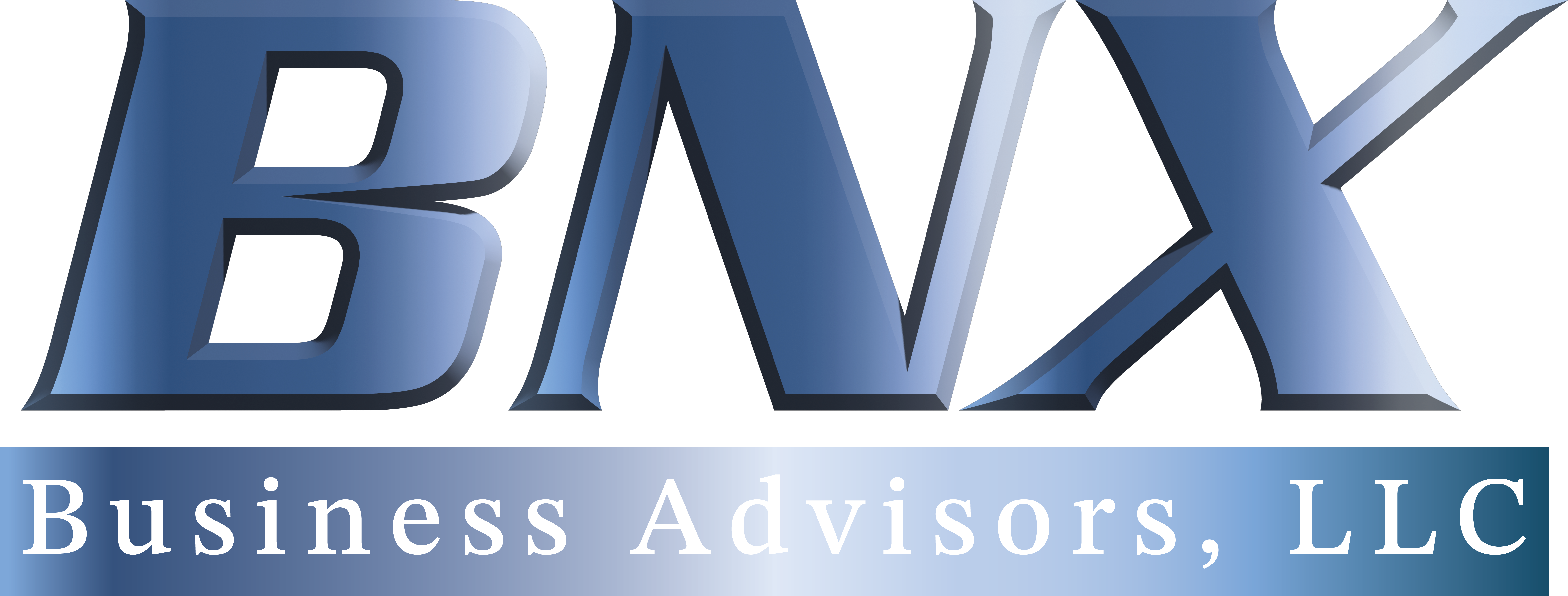
Handling politics in the workplace requires a careful balance between respecting individual rights and maintaining a cohesive work environment.

Table of Contents
In today’s polarized environment, managing political discourse in the workplace has become a critical issue for C-suite executives, company owners, and HR professionals. The challenge lies in balancing the rights of employees to express their views while maintaining a harmonious and productive work environment. Additionally, the rise of social media has introduced complexities regarding employees’ online behavior and its impact on their professional lives. Here’s how leaders can approach these issues with a uniting but cautious tone and how BNX Business Advisors can support this process.
Understanding the Legal Landscape
Political Speech and Employment Law: While the First Amendment protects free speech, it doesn’t extend to private employers regarding political expression in the workplace. Employers have the right to regulate political activities that disrupt work or violate company policies. However, certain protections exist under the National Labor Relations Act (NLRA), which allows employees to engage in concerted activities related to their working conditions, even if these activities have political overtones.
Key cases like Garcetti v. Ceballos demonstrate that public employees’ speech made as part of their official duties is not protected under the First Amendment. In Chaplinsky v. New Hampshire, the Supreme Court upheld that certain “fighting words” are not protected, setting a precedent for limiting speech that disrupts workplace harmony. These legal precedents help define the boundaries within which employers can create and enforce policies (Law.com) (ELH / HR4Sight).
Crafting Effective Workplace Policies
1. Establish Clear Policies: Develop a comprehensive workplace policy that outlines acceptable behavior concerning political speech and activities. This policy should address:
- Political discussions and the use of company resources (e.g., email systems) for political purposes.
- Displaying political paraphernalia at work.
- Guidelines for respectful communication and behavior.
2. Implement Social Media Guidelines: With the pervasive use of social media, it’s crucial to create policies that govern employees’ online conduct. These guidelines should clarify that while employees are free to express their opinions outside of work, posts that could harm the company’s reputation or violate workplace policies on harassment and discrimination are subject to disciplinary action (ELH / HR4Sight) (PLDR Law).
Managing Political Conflicts
3. Encourage Respectful Dialogue: Promote a culture of respect where employees are encouraged to “agree to disagree.” Training sessions on communication and conflict resolution can equip employees with the skills to navigate political discussions without escalating tensions.
4. Address Issues Promptly: When political conflicts arise, address them immediately and impartially. Take employees aside to discuss inappropriate behavior privately, and use these moments as coaching opportunities rather than punitive measures whenever possible (ELH / HR4Sight) (Employer Flexible).
Ensuring Compliance and Fairness
5. Consistent Enforcement: Apply policies uniformly to avoid claims of bias or discrimination. Ensure that all employees, regardless of their political views, are held to the same standards of conduct.
6. Legal Consultation: Given the complex interplay of federal, state, and local laws, consult with legal professionals to ensure that your policies comply with all applicable regulations. This is particularly important for public employers, who must balance employees’ speech rights with the need to maintain effective public services (Law.com) (ELH / HR4Sight).
How BNX Business Advisors Can Help
BNX Business Advisors offers comprehensive support to companies navigating these challenges:
Policy Development: BNX can help create and refine workplace and social media policies that respect employees’ rights while protecting the company’s interests. These policies will be tailored to align with legal requirements and best practices.
Training and Workshops: BNX provides training sessions for employees and management on effective communication, conflict resolution, and the importance of maintaining a respectful workplace. This training ensures that everyone is equipped to handle political discussions appropriately.
Legal Compliance: BNX’s legal experts will ensure your policies comply with all relevant laws and regulations, minimizing the risk of legal issues arising from political speech and activities in the workplace.
Ongoing Support: BNX offers continuous support and consultation to help you manage any political conflicts or issues that may arise, ensuring a harmonious and productive work environment.
Conclusion
By establishing clear policies, fostering respectful communication, and addressing conflicts promptly, leaders can navigate these challenges effectively. Additionally, implementing robust social media guidelines will help protect the company’s reputation while respecting employees’ freedom of expression. As political and social landscapes continue to evolve, staying informed and adaptable will be key to maintaining workplace harmony.
For more information on how BNX Business Advisors can support your company, visit BNX Business Advisors.
